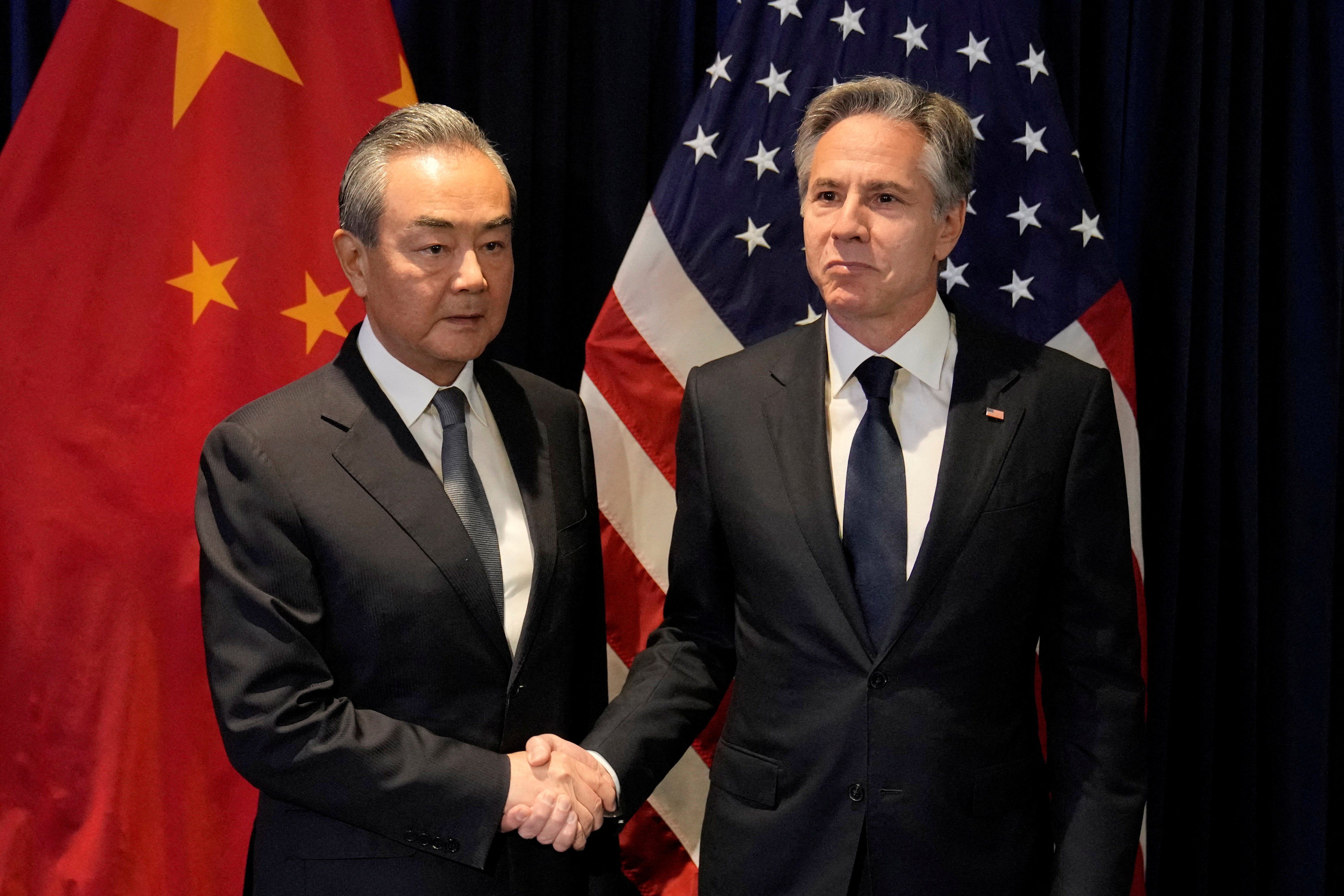On Thursday, the Association of Southeast Asian Nations met in Vientiane, Laos, to kick off a three-day summit focused on resolving Myanmar’s violent civil war and cooling tensions in the South China Sea. US Secretary of State Antony Blinken, China’s Foreign Minister Wang Yi, and Russia’s Foreign Minister Sergey Lavrov are also attending – each with their own interests in mind.
In Myanmar, ASEAN nations have failed to make progress toward their “five-point consensus” unveiled in April 2021, two months after a military coup. Since then, the country has spiraled into a humanitarian crisis – with over 3 million displaced and more than 5,400 Burmese killed. ASEAN’s plan seeks an immediate cessation of violence, which has largely been ignored by junta leaders, calling into question the efficacy of the bloc amid fears of regional spillover.
This week’s talks hope to revive the much-criticized plan but are likely to face significant obstacles as competing geopolitical interests leave countries – including the US and China – supporting opposing factions.
On the South China Sea sovereignty issue, ASEAN is hoping to capitalize off the progress made on Sunday’s deal between China and the Philippines and to finalize a similar agreement of their own – a protracted code of conduct including China. Still, pessimism looms over how much these nations can achieve to ease these protracted issues in the region.
